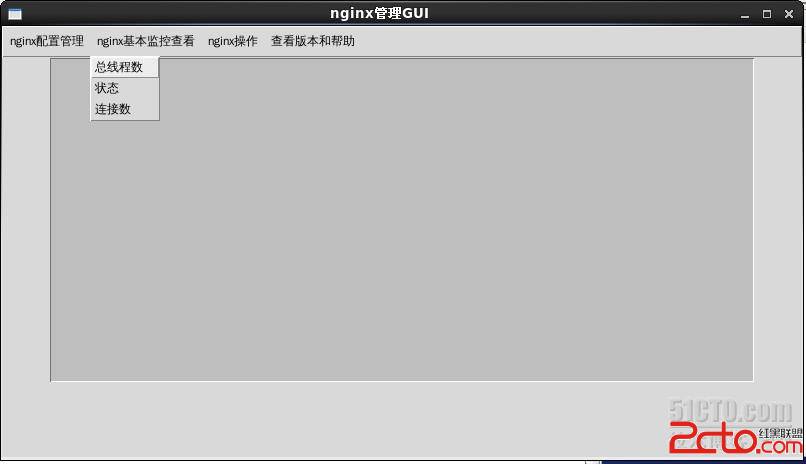Python可调用对象__call__方法的用法分析
前言
最近有许多朋友私信问我,Python的可调用对象到底有什么用处,为什么要费事的重载括号而不是直接绑定类的普通方法。下面就来为大家分享__call__可调用对象的一些感悟。
精简代码,方便接口调用的“约定俗成”
[python]
class route(object):
def __init__(self, res)
self.resource = res
@classmethod
def factory(cls):
print 'factory'
return cls()
@webob.dec.wsgify
def __call__(self,req):
print 'route __call__'
return self.resource()
class resource(object):
@webob.dec.wsgify
def __call__(self,req):
print 'resource __call__'
class API(route):
def __init__(self):
res = resource()
super(API, self).__init__(res)
wsgi.server(eventlet.listen(('', 80)), API.factory())
上面的代码是一个典型的WSGI服务的节选,如果不用__call__,那么我们各组件之间可能要约定或规范一个接口,比如下面,大家都叫notcall()。。。
[python]
class route(object):
def __init__(self, res)
self.resource = res
@classmethod
def factory(cls):
print 'factory'
return cls()
@webob.dec.wsgify
def notcall(self,req):
print 'route notcall'
return self.resource.notcall()
class resource(object):
@webob.dec.wsgify
def notcall(self,req):
print 'resource notcall'
class API(route):
def __init__(self):
res = resource()
super(API, self).__init__(res)
wsgi.server(eventlet.listen(('', 80)), API.factory().notcall())
这样用起来就非常麻烦,模块之间合作要约定好接口的名字,编写记忆许多接口文档,增加代码量且容易出错。
只是想要函数,却能完成不只是函数的工作
类似上面的代码,许多模块的接口的参数都是需要一个函数调用,比如这个wsgi.server(port, app),第二个参数就是一个实际的wsgi服务的函数调用。然后OOP大行其道的今天,貌似地球上乃至宇宙中的万物都可被抽象成对象,然而在实际的coding中,我们真的需要将所有的东西都抽象成对象吗?
这也是我喜欢Python的一个原因,虽然Python中万物都是对象,但是却提供这种对象可调用的方式,而它可以完成一些函数不能完成的工作。比如静态变量,这在Python中是不允许的,但是通过__call__可以这样做
[python]
class Factorial:
def __init__(self):
self.cache = {}
def __call__(self, n):
if n not in self.cache:
if n == 0:
self.cache[n] = 1
else:
self.cache[n] = n * self.__call__(n-1)
return self.cache[n]
fact = Factorial()
for i in xrange(10):
print("{}! = {}".format(i, fact(i)))
# output
0! = 1
1! = 1
2! = 2
3! = 6
4! = 24
5! = 120
6! = 720
7! = 5040
8! = 40320
9! = 362880
对象绑定
在涉及新类对象绑定的时候,可以在元类放置对象绑定时的操作代码
[python]
class test(type):
pass
class test1(test):
def __call__(self):
print "I am in call"
class test2(object):
__metaclass__=test1
t=test2()
#I am in call
test2是test1的实例。因为test1是元类。在实例绑定元类的时候,__call__会调用
补充:Web开发 , Python ,





